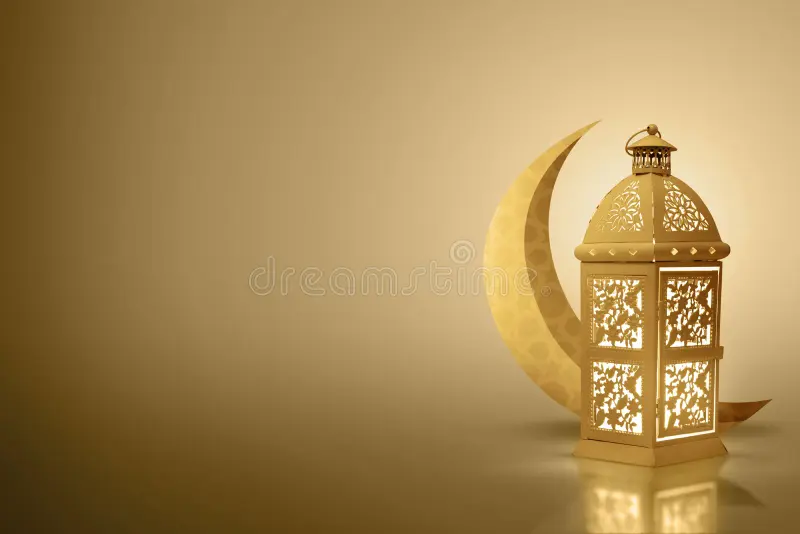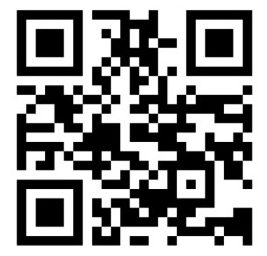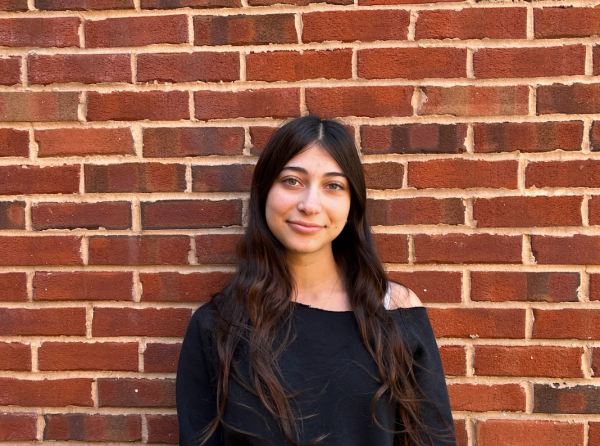The ninth month of the Islamic calendar is believed to be the month the first words of the Quran were revealed to Prophet Muhammed (PBUH) marking the foundation for the holy month. On the first day of Ramadan a crescent moon will shine brightly in the night sky which makes me excited because it’s a time for a spiritual reset. Ramadan is a month-long period of fasting for Muslims all around the world where fasting is held from sunup to sundown.When determining when Ramadan starts, it’s all dependent on the islamic calendar which revolves around the lunar calendar. So each Ramadan falls around 11 days earlier than the previous year. Not eating and drinking water can be hard sometimes but after a few days you get used to the cycle.
Why do Muslims fast?
Fasting is the 4th of the 5 pillars of Islam which encourages Muslims to practice compassion and gratitude. Ramadan helps Muslims worldwide in many different ways. Whether it’s renewing your faith, cleansing your soul, or increasing your self discipline, Ramadan is a way for Muslim’s to reconnect with themselves spiritually. Fasting gives a time to focus energy on ourselves spiritually and connect with religion . Breaking your fast when it’s time for Iftar, which is the meal eaten after sunset, with a group of people is also something most Muslim’s tend to do. Since everyone is coming together at the same time to eat it creates a sense of community with others.
How do you prepare for Ramadan?
Suhoor is a period before sunrise that Muslims wake up to eat and drink before starting their fast for the day. It’s important to eat healthy foods that aren’t too salty or sweet. It’s also important to stay hydrated. Drinking water after you break your fast is important to keep your body hydrated. Not drinking water comes as a big shock to some people but I’m so used to it it’s not shocking for me. When you prepare your body the right way for fasting it’s not that difficult. This Ramadan specifically I have been feeling extra thirsty so I try to drink as much water as I can periodically during the night when I’m awake.
Are there times when you don’t need to fast?
Adult’s who are healthy both physically and mentally enough to fast are permitted to fast during Ramadan so of course there are exceptions to individuals fasting. People with health issues , pregnant women, women on their periods , elders, people traveling, and kids don’t have to fast. For the times when you don’t fast for temporary reasons you can make up later by fasting after the holy month ends . People tend to make it up during the winter when the days are shorter.
What comes after Ramadan?
After Ramadan ends Muslims have a three day celebration which is called Eid. Dressing nice and visiting friends and family is a common practice. Adults give those younger than them money which is something a lot of people look forward to.






